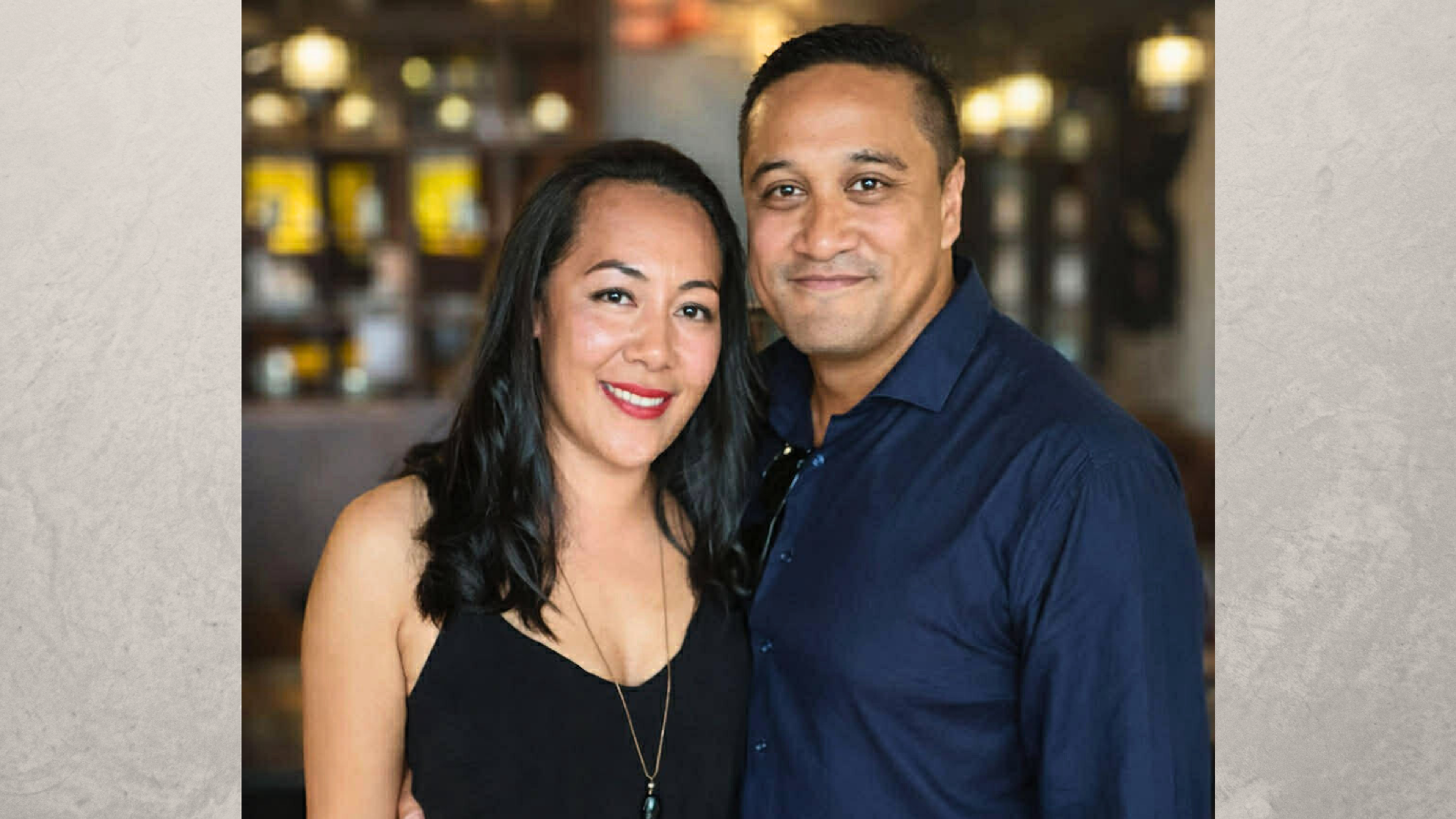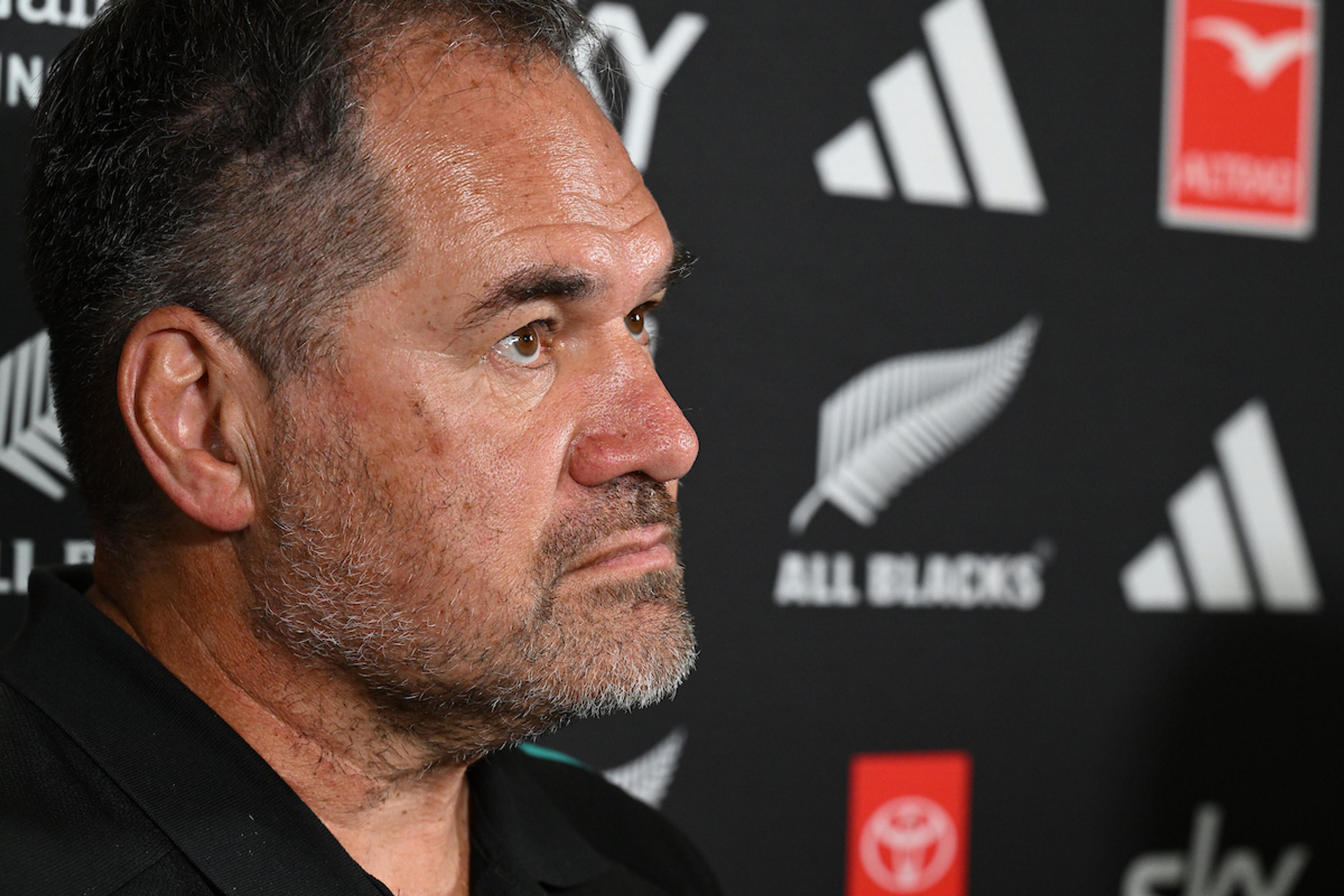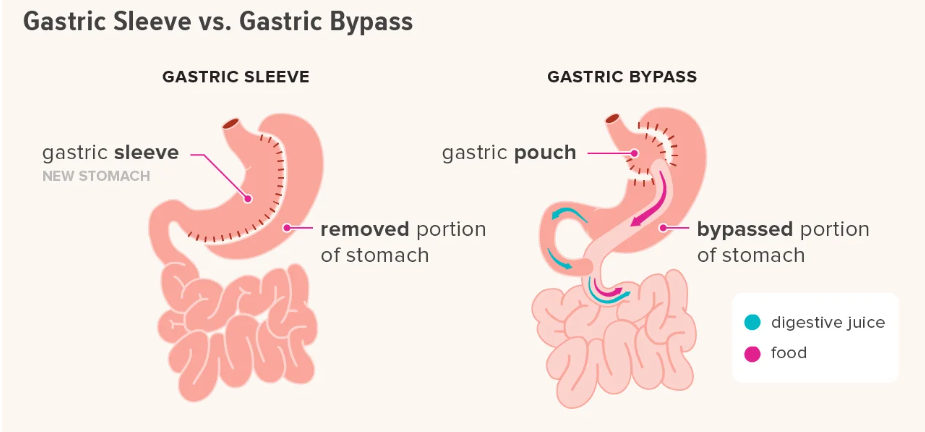

Dr Grant Beban performs private and publicly-funded bariatric surgery.
Photo/PMN News/Khalia Strong
Surgeon warns of risks as Pacific patients opt to travel overseas for weight-loss operation
Limited public access and high costs are driving some Pasifika to seek surgery abroad. But Dr Grant Beban cautions against poor follow-up care and the hidden dangers involved.


‘Without fear or favour’: Barbara Dreaver chronicles 30 years on the Pacific frontline

Dave Rennie becomes first All Blacks coach of Pacific heritage


Tongan family in Abu Dhabi recount explosions as Middle East conflict escalates

‘Without fear or favour’: Barbara Dreaver chronicles 30 years on the Pacific frontline

Dave Rennie becomes first All Blacks coach of Pacific heritage

Medical academics say that while awareness and acceptance of weight-loss surgery are improving, many Pacific patients who qualify for public funding choose not to go ahead with the operation.
Almost two out of three Pasifika living in New Zealand are classified as obese, with even higher rates among those with disabilities and those living in lower-income neighbourhoods.
Dr Grant Beban, an upper gastrointestinal and bariatric surgeon at Greenlane Clinical Centre, says weight loss surgery has historically been viewed as “a little bit unusual or fringe”.
But attitudes have shifted. “It’s largely because people have seen the benefits of bariatric surgery and how effective and safe it is in the majority of cases," Beban says.
“When I started bariatric surgery, there were seen to be real barriers to Pasifika patients in their interaction with bariatric surgery. But once the word gets out in communities, once the benefits are seen in those communities, there’s a lot of positivity around it and a lot of support for people having bariatric surgery.”
Since beginning his practice, Beban has treated thousands of patients, with a big percentage being Pacific patients.

Photo/Unsplash
“In our public practice here at Auckland, our Pasifika patient population would be in the order of 40-45 per cent, and overall 70-80 per cent of our patients would be Māori or Pasifika.
“There's huge demand for bariatric surgery and the cost and other barriers to accessing that bariatric surgery are pretty high for a lot of people, and there isn't the widely available public provision of bariatric surgery that I think we deserve, we should have.”
Provisional data from the Ministry of Health shows that only 387 publicly-funded bariatric surgeries were conducted in 2023-2024, down from 540 in 2022-2023.

Photo/Unsplash
Mistrust and misconceptions
Bebans says access to publicly-funded surgery is a “real problem” for those unable to consider private options.
Dr Tamasin Taylor, a Pacific research fellow at the University of Auckland, reveals that almost three quarters of eligible Pacific patients proceed with publicly-funded surgery.
“For Pacific males, the dropout rate was around 87 per cent,” she says in an earlier interview about her research.
“Males who were the breadwinners found it a real struggle getting to the hospital because it wasn't a priority.”
Taylor also says that there is a stigma surrounding weight-loss surgery, with societal expectations suggesting that individuals should simply diet and exercise instead of pursuing surgical options.
There are misconceptions about the safety of weight-loss surgery, and fears of not waking up post-procedure contribute to this stigma.
Watch Dr Tamasin Taylor's full interview below.
“There were stories about how their auntie or uncle had gone into hospital on the Monday and they'd never come out, there were stories about what the hospitals are like back in the islands, not with bariatric surgery, but with other surgeries and conditions.”
Beban says that while overall complication rates for trans-Tasman procedures are acceptable, they are higher than he would prefer.
“This isn’t a haircut, this is a serious operation,” he says. “If you look at people that have returned to the operating theatre, re-admissions to hospital or major problems after bariatric surgery, for a sleeve gastrectomy, that number is about 1.6 per cent, whereas for a gastric bypass, that’s in the order of 4.5 per cent.”
Overseas options
With limited public access and high costs, some Pacific patients opt to travel overseas for surgery, but Beban warns that there are risks involved.
“I think people can have good experiences overseas, but it’s really hard to know.
“All I see in my public practice is people that have gone away and had problems or come back with a problem.”

Bariatric surgery options. Image/Diego Sabogal via Healthline.com
Beban is concerned about the lack of transparency around the qualifications of overseas surgeons and the subpar follow-up care that many patients receive when they return to Aotearoa.
He encourages people to consider local treatment options first.
“It's not something to be taken lightly, but it is something that can make huge differences to patients' individual health and the health of their wider family and whanau.
“If you can access it and you have good reasons for it, then it's worth looking at.”